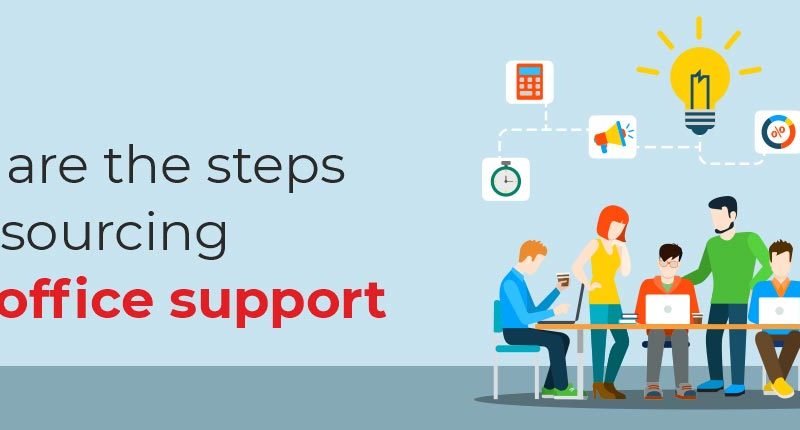How to Restart Your Business after Failure

Starting a business requires a business idea and a robust strategy to hit the ground running. For all unique products or services, success is not guaranteed. Unfortunately, more than half of the businesses close down in the first couple of years.
Knowing that failure is inevitable, you feel like it is all up with you when your business shuts down. Money, time and all resources you put into your company have gone down the drain.
There is nothing left to work upon. Now you will have to start from scratch again, and unfortunately, you need more energy, motivation and passion to create all over again.
It is normal to have fear haunting you as you have had the worst experience with your business, but if you look beyond, you will see many examples of successful companies which have faced failures too.
Moving forward with the wreck is actually very daunting as your fear is holding you back now. Submerged by self-doubts, you are unsure if things are going the right way. You will likely decide to give up in the middle to pursue a less risky career.
Well, you do not need to do so. There are some ways to restart your business after closing down.
Analyse the cause of failure
You can overcome your fear by analysing the cause of failure. Most of the entrepreneurs walk out, blaming their bad luck. Do not do it. Just sit down and evaluate what went wrong. Though some causes go unidentified, chances are your business ground to a halt due to a specific reason.
Ask yourself the following questions:
- Did you sell the features or benefits?
- Was there actually a need for your product?
- Did you target the right audience?
- What was the conversion rate?
- Did you charge too high and too low prices in relation to competitors’ products?
- Did you ever get negative feedback from your customer?
- How good were the reviews people posted on Google?
Review what worked well and what did not, and then work on ways to make things better. For instance, if you noticed that you overly emphasised features of your product, you can now market the benefits. Your audience wants to know how they will benefit from your product.
Get your finances in order
The next step is to ensure that your finances are in order. Your business needs cash to keep growing. You have likely faced huge losses in your previous business, so now you need more money. Look at your savings and business cash reservoir. See if you can downsize your business.
For instance, you could shift from a physical store to an online store. You can save money in the form of rent, maintenance, upfront cost, energy bills, and the like. If you had a number of products to offer earlier, you could pick a few of them that had the highest demand.
These strategies will enable you to run your business with a little money. However, consider taking out a loan if you need money for business operations. As your business lacks vitality, you need to refrain from borrowing money at a high-interest rate, especially if your credit rating is bad.
Compare different business loans for bad credit with no guarantor so you choose a deal that suits your financial condition very well.
Set clear goals
Whether you have decided to start a new business or want to restart your failed business with new strategies, you will have to set clear goals. Knowing your vision, mission and where you aspire to be in the coming years will help you frame a strategy that works for your business.
Ensure your goals are specific, measurable, realistic, time-bound and achievable. For instance, a realistic goal for an online retailer could be increasing the traffic to their website by three times in the next six months.
It is vital for you to review your goals regularly, as the level of competition keeps changing every day. Your competitors may have something new and better to take a competitive edge. To stay caught up, you will ensure your strategy aligns with your goals.
If you have a team of workers, make sure that they are well aware of what they are expected of and doing work in the direction of goals your company wants to achieve. Keep sharing with them how their effort is bringing in results.
Know your market
Assess your market accurately, as failing to do so is largely responsible for a shutdown of a business. Before you decide to sell a product or service to your target audience, you should determine whether or not it has the potential demand.
You can only sell if your offerings have a very limited market. As a result, your business will be less likely to be successful. Have some time to identify who your competitors are, how they are marketing to draw customers and how you can set yourself apart from them.
You can offer your customers a better product or service at more competitive prices how you can stand out boils down to understanding why people would rather buy from your competitors.
Get professional advice
Professional advice could be extremely important when you have already faced failure in running a business. You can talk to experts, but you do not need to hinge on them. Talk to your friends and family to know their opinions about your business.
Ask them if they have any valuable tips to share with you. Their recommendations could help contribute a lot to your business.
The takeaway
You can give up once your business fails, but there are ways to summon the courage to get the action. You can think of an entirely new business or restart the same business by fixing previous mistakes.
Assess why your business failed, and do not repeat those mistakes. Know your market, gauge the level of competition and try to stand out yourself. Take professional advice if necessary.
Description: If you have to shut down your business, assess your mistakes, see how you can start a new business, know the level of the market, and set clear goals.






